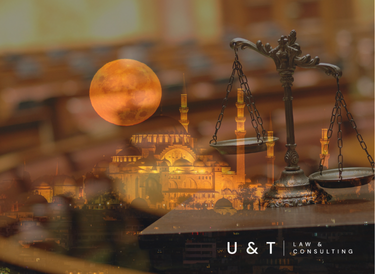
“Time Limit for Filing a Full Jurisdiction Action After the Dismissal of an Annulment Case”
A full jurisdiction action (also known as a compensation lawsuit) is a type of administrative lawsuit filed by a person who has suffered material or moral damages as a result of an act, action, or omission of the administration, with the aim of obtaining compensation for those damages. This type of lawsuit derives its legal basis from Article 125 of the Constitution. A full jurisdiction action can be filed in four different ways: Filing a direct full jurisdiction action within the period prescribed for bringing an annulment action against the administrative act that violates one’s rights; Filing both an annulment action and a full jurisdiction action together within the time limit for challenging the administrative act that violates one’s rights; Filing a full jurisdiction action within the prescribed time limit following the notification of the judgment rendered in an annulment action brought against the administrative act that violated one’s rights; Filing a full jurisdiction action within the prescribed time limit due to damages arising from the execution of an administrative act that violated one’s rights. ..






















